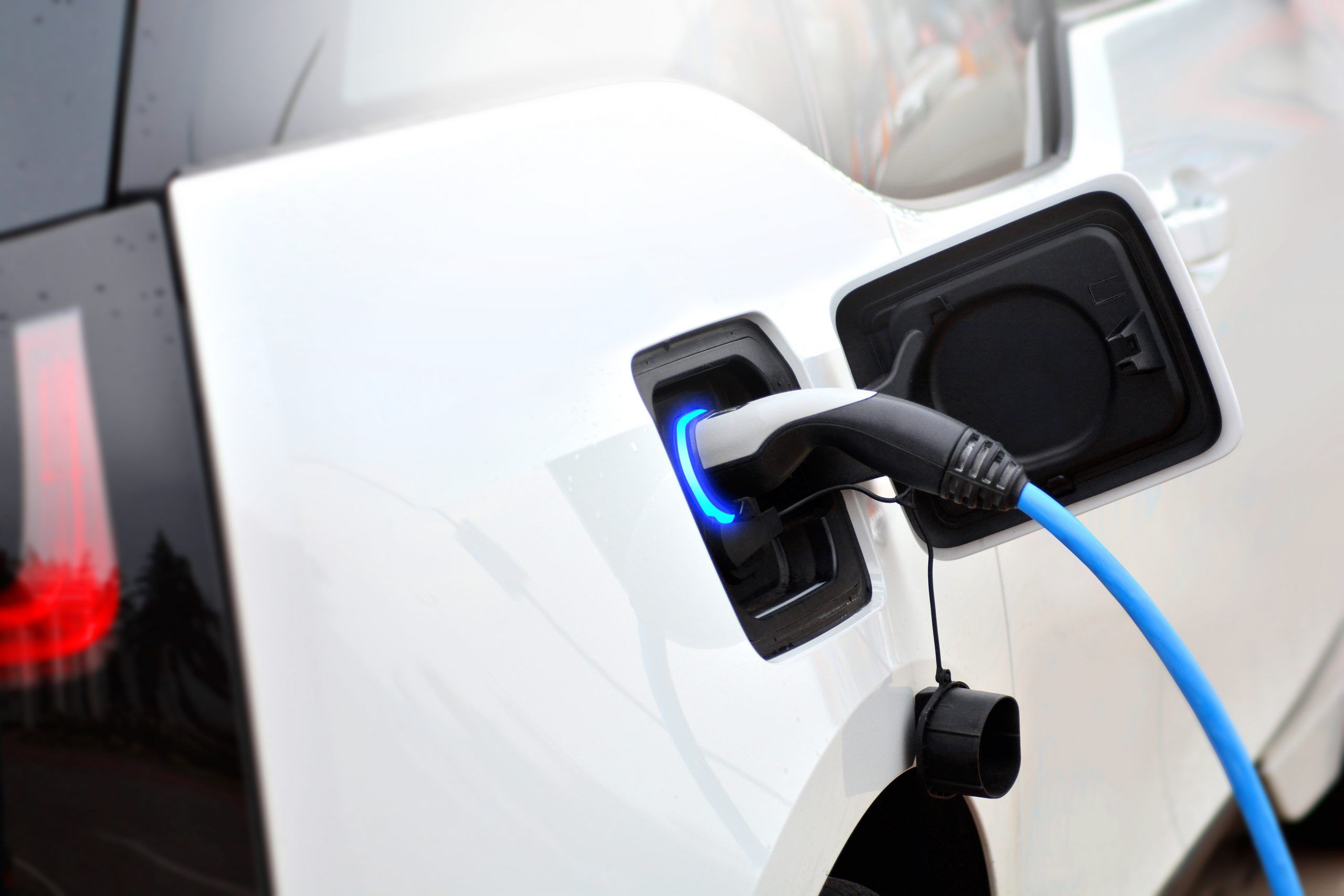Battery Electric Vehicles Outperform Other Powertrains in Emission Reductions
Key Ideas
- Battery electric vehicles (BEVs) now produce 73% less life-cycle greenhouse gas emissions than internal combustion engine vehicles, showing a 24% improvement over previous estimates.
- Renewable energy sources are projected to account for 56% of electricity generation in Europe by 2025, leading to further emission reductions in BEVs over their lifetime.
- Hybrid and plug-in hybrid cars lag behind BEVs in emission reductions, with only marginal benefits compared to gasoline cars.
- Hydrogen fuel cell electric cars can provide a 79% emissions reduction compared to gasoline cars when using renewable electricity-based hydrogen, but the technology is not yet widely available at scale in Europe.
A recent study by the International Council of Clean Transportation (ICCT) has revealed that battery electric vehicles (BEVs) are significantly outperforming other powertrains in reducing greenhouse gas emissions. The research indicates that BEVs now produce 73% less life-cycle emissions than internal combustion engine vehicles, with a notable 24% improvement over previous estimates. This progress is attributed to the increasing deployment of renewable electricity across Europe and the enhanced energy efficiency of BEVs. The study projects that renewable energy sources will contribute to 56% of electricity generation in Europe by 2025, further enhancing the emission reductions in BEVs over their lifetime.
The analysis also highlighted the inferior performance of hybrid and plug-in hybrid cars in emission reductions, offering only marginal benefits compared to gasoline cars. Additionally, the study addressed hydrogen fuel cell electric cars, noting that while they can deliver a 79% emissions reduction compared to gasoline cars when using renewable electricity-based hydrogen, the technology is currently not widely available at scale in Europe. The report emphasized the need for accurate information dissemination, debunking myths like the higher emissions associated with battery manufacturing in BEVs, which are typically offset within the first one to two years of use.
Dr. Marta Negri and Dr. Georg Bieker from ICCT emphasized the importance of accurate data in shaping policy and industry decisions, urging for transparency and science-backed information dissemination to avoid misinformation and promote sustainable transportation choices.
